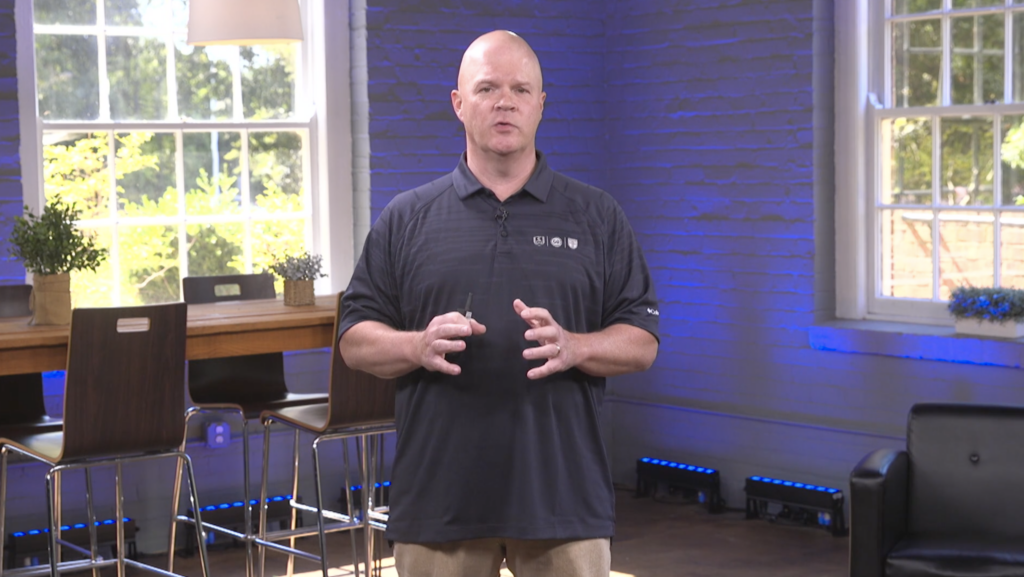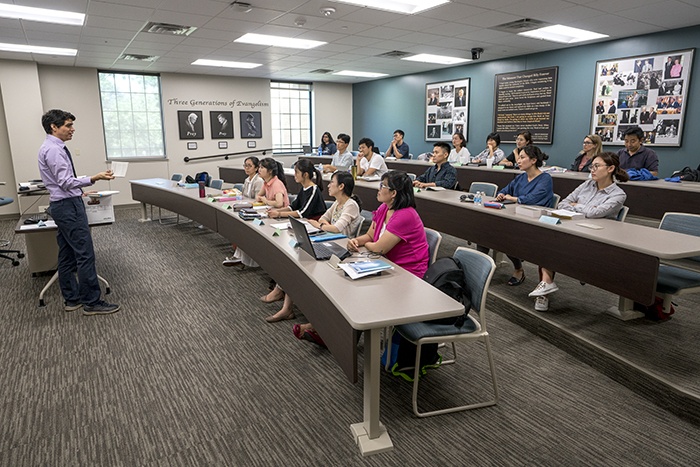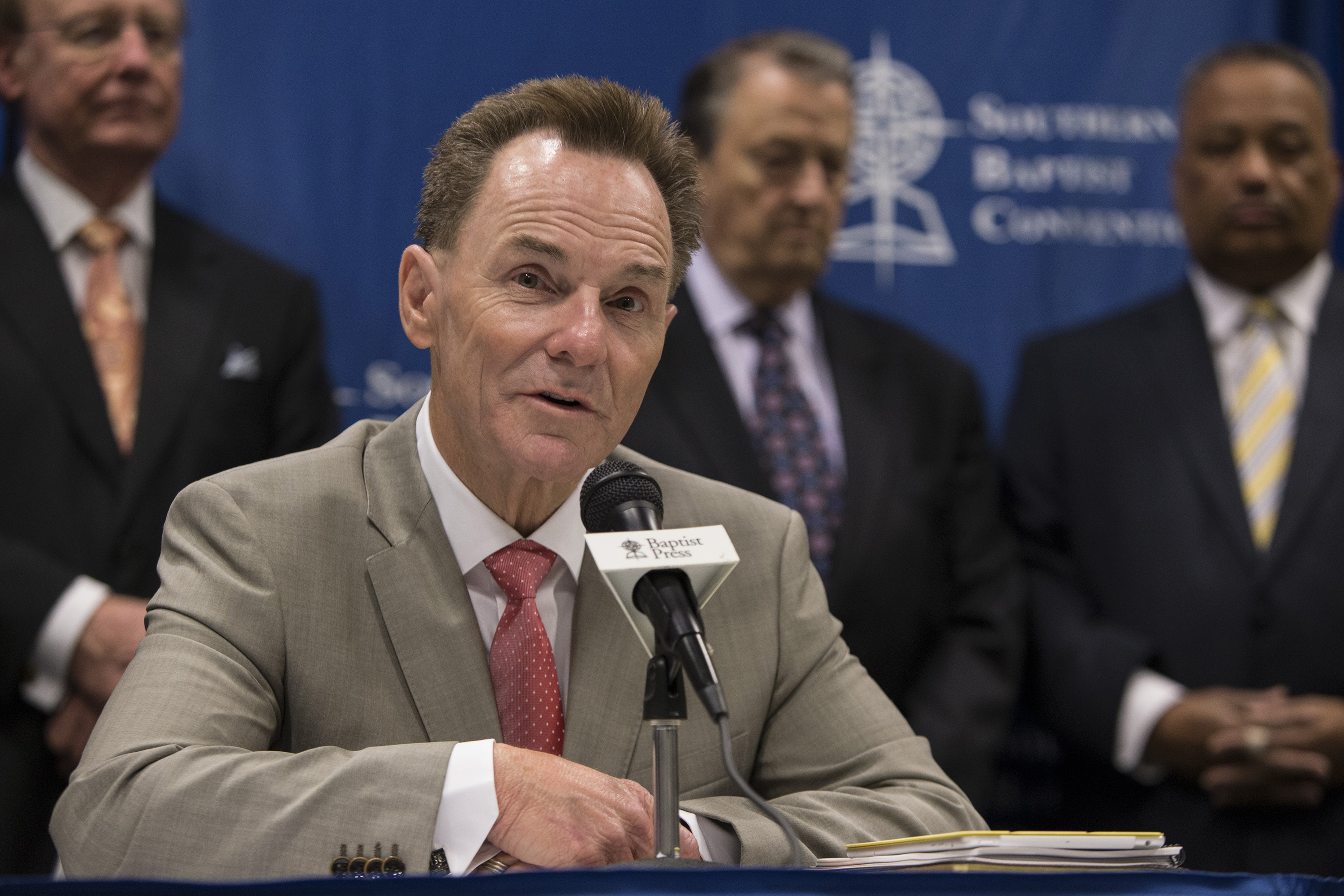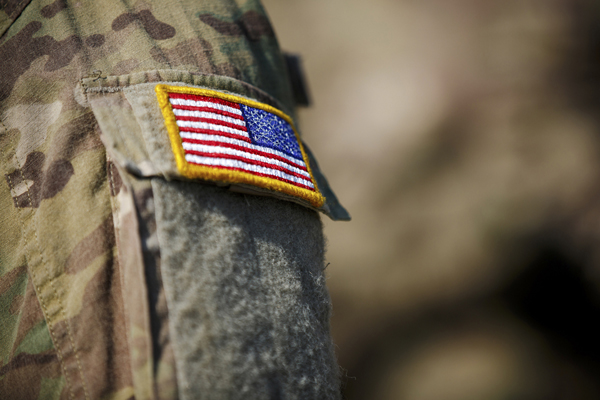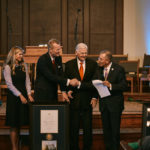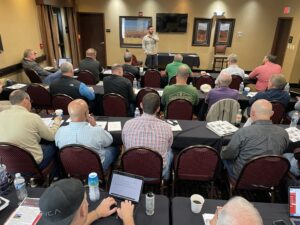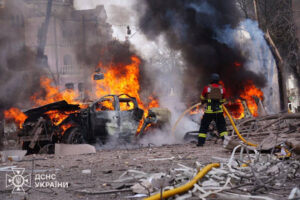
WAKE FOREST, N.C. (BP) — The concept of campus security isn’t new, but with reports of gun violence and mass shootings becoming an almost-weekly trend, officials at Southern Baptist-affiliated schools are evaluating and updating plans they hope to never use.
Mike Lawson’s background in law enforcement made him an ideal candidate to direct Southeastern Baptist Theological Seminary’s campus security when he came on board in 2002. That experience included being a special agent in the U.S. Secret Service and a chemical officer in the U.S. Army Reserves. For over a decade he’s served on the Wake Forest Tactical Service Unit as a Master SWAT operator, most recently as a sniper.
Lawson began establishing response scenarios for SEBTS shortly after he was hired.
“As things have changed over time, we’ve updated our training and procedures, especially as new tech has come along,” he told Baptist Press.
Lawson works full time at SEBTS, overseeing four full-time and eight part-time staff who at times have possessed military or law enforcement backgrounds. He is involved with the Wake Forest Police Department as a chaplain and auxiliary officer. A standing policy exists that if the WFPD or any other first responders need a place to train, Southeastern’s campus is available.
Text alerts in an emergency situation go out to those who have signed up to receive them. It occurred within the last year for a tornado warning. Two years ago, campus was locked down amid reports of an armed robber in the vicinity, which ended up being a hoax.
Safety training videos – including for an active shooter scenario – and annual security and fire safety reports are available online.
“I train my guys to be observant and respond to a point where they’re comfortable. If they’re not, they either call me or 911,” said Lawson. “We have a great relationship with our local police department and the main station is only about two minutes from campus.”
Necessary steps
Louisiana Christian University recently conducted an active shooter drill on its campus. Held during class time, the drill included instructions via text for students and professors.
Other security measures include surveillance cameras, expanded exterior lighting, locks to classroom doors and up to four trained employees permitted to carry weapons on campus, the school announced.
“The health, welfare, and safety of our students, faculty and staff are our highest priority,” said President Rick Brewer.
LCU security took part in the recent drill. A future one will include local law enforcement.
“Unfortunately, in this day and time this is something you have to practice,” Brewer told BP.
At Midwestern Baptist Theological Seminary, recent headlines have also solidified a commitment to campus safety.
“Midwestern Seminary grieves the uptick in societal violence in recent years, including the tragic shootings in Louisville in recent days,” said President Jason Allen. “As an institution, we place a high value on the safety and security of our entire campus community.
“To this end, Midwestern Seminary maintains a well-equipped, professionally-trained and sufficiently-armed campus safety and security force. Our campus safety and security force regularly trains for a host of contingency situations, including active shooter scenarios. We’re grateful for their commitment to serve and protect our campus community.”
New Orleans Baptist Theological Seminary has 20 full- and part-time devoted personnel to its security plan that includes campus-wide alert notifications, classrooms and offices locked and shelter-in-place orders, said Larry Lyon, senior vice president of business administration.
“Select persons,” but not students, are permitted to carry a firearm on campus, he noted, adding that the seminary has “not had to respond to a situation on-campus or near the campus in recent memory.”
“Any event that happens outside the gates of campus, even nearby, we would only assist with NOPD as a close, friendly resource and primarily after any potential campus risk has been eliminated,” said Lyon.
Addressing potential threats early
Last year the Department of Safety Services (DSS) at California Baptist University incorporated a new leadership team that included a new director and two assistant directors, with more than 80 years of combined law enforcement experience at the command leadership level.
CBU has responded to potential threats of violence in the past, with nothing credible developing. Continual improvements have placed a priority on identifying potential danger before it can materialize.
“The most important component of any active shooter response plan is early detection of and intervention with community members who may be on the pathway to violence,” said John Freese, DSS director.
His group meets regularly with CBU’s Care Team, a group of campus partners that monitor and address issues such as student spiritual health and academic support.
“These Care Team discussions review students of concern, and established connections with local and federal law enforcement partners provide in-depth follow up on any acute concerns,” said Freese. “The DSS leadership team are active members of the County Terrorism Early Warning Group, comprised of local, state and federal law enforcement that reviews current threats, including those directed at institutions of higher education and religious-affiliated organizations.”
CBU retains a close working relationship with the City of Riverside Police Department.
It’s a pattern reflected among other schools and local law enforcement. Emergency text protocols are also in place as well as 24/7 security patrols and license plate recognition technology at the two main entrances on the university’s campus.
“All these tools and resources combine to provide a layered approach to campus safety and protection from threats of violence that originate on and off the campus,” said Freese.
